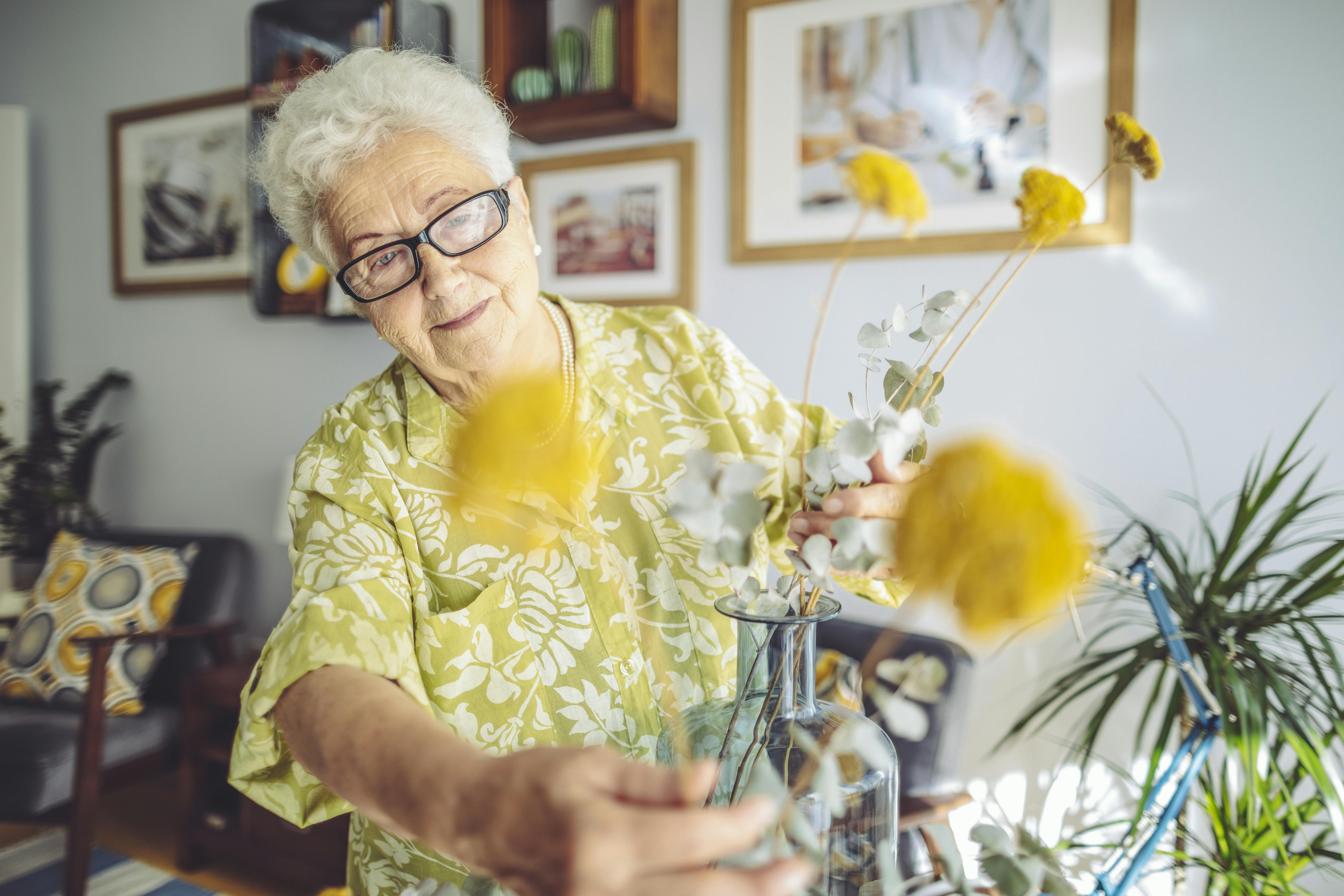Energy transition - Leaving no one behind
From Karen McCalman – Social Obligations Officer:
“At WPD, we aim to deliver an excellent customer experience for everyone. To do so we must be proactive, innovative and ambitious to ensure we are inclusive of those who find themselves in vulnerable situations”
The changes underway to deliver a smart energy transition are accelerating, particularly in light of the UK’s ambitions to achieve Net Zero carbon emissions. New, innovative opportunities are rapidly emerging for customers to change their energy use in order to access a range of benefits. This brings a risk that the distribution of these benefits could unfairly miss out those in vulnerable situations. At worst, it could burden these customers with additional costs for developing a smart network, without the ability to easily access the benefits it enables. The pace of change intensifies this risk and places a very serious responsibility on us (and DNOs in general) to work quickly to ensure new services are well thought through for all customers.
“WPD is committed to ensure the energy transition is just and fair, so no customer is left behind”
We must work extensively with stakeholders to either protect the interests of those that cannot, or do not wish to, participate in a smarter energy future; and/or make it simple and easy for those customers to access and share in the benefits without placing unreasonable barriers that they would not be reasonably expected to meet in the same way as wider customers, and in particular, early market participants.
“Our approach must be adaptive, flexible and inclusive of all”
We adopt the widest possible definition of vulnerability, understanding that it isn’t a ‘box ticking’ exercise. Vulnerability can be long or short-term and it can be recurring. The causes can be permanent, transient or progressive. Types of vulnerability vary widely, for example someone could be vulnerable by virtue of being a young person with autism living independently for the first time, another as a parent with very young children, another as someone with a critical medical dependency on electricity. We must therefore work with our customers and stakeholders to identify the different groups that will be affected (and how), and develop the bespoke support needed to ensure they are not adversely affected by the changes, are able to ‘keep up’ with the pace of change and are not denied access to the positive opportunities a smart energy future can deliver.
Annual vulnerability workshop:
On 29th September 2020 we were delighted to host our third consumer vulnerability workshop with stakeholders to do just this. Due to the coronavirus pandemic the workshop was held online via Zoom technology. Dr Toby Bridgman from the Centre of Sustainable Energy provided an update on on their project ‘Smart and Fair’ and our Innovation Team informed stakeholders about the revised Innovation Strategy which now includes’ Decarbonisation and Net Zero’ and ‘Communities and Customer Vulnerability’ - an integral focus for future innovation trials. Our latest call for project ideas “Energy Transition - Leaving no one behind” was also introduced and is now open. More details and information on how you can participate can be found here: http://www.westernpower.co.uk/innovation/projects/future-projects-and-ideas
and the slides from the day can be viewed here: https://yourpowerfuture.westernpower.co.uk/downloads-view/39966
Feedback from the day will be published on our website shortly.
For more information about WPD’s consumer vulnerability programme, our stakeholder events or the work we do within our communities, please visit our dedicated webpages at:
https://www.westernpower.co.uk/customers-and-community/priority-services/social-obligations
https://yourpowerfuture.westernpower.co.uk/workshops-and-events

